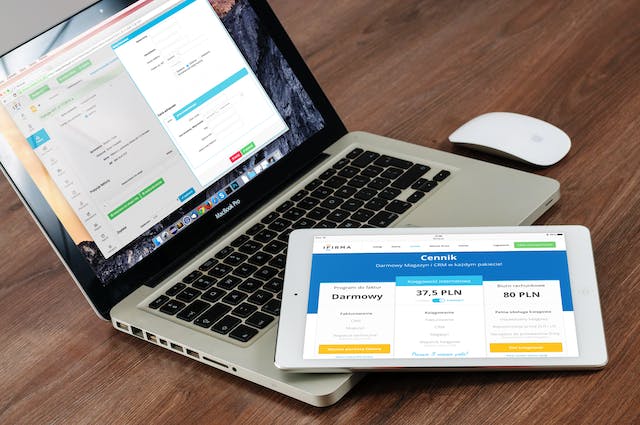In today’s fast-paced world, health tracking has become a priority for many individuals striving to maintain a healthy lifestyle. A Mobile App for Health Tracking serves as a convenient and efficient tool to monitor and manage various aspects of one’s well-being, ranging from physical activity to nutrition and overall wellness.
The development of a Health Tracking Mobile App begins with a meticulous planning phase, understanding the user’s needs, and defining the app’s objectives. This involves identifying key health metrics to track, such as steps taken, heart rate, sleep patterns, calorie intake, and more. Defining the app’s features and functionalities is crucial at this stage.
| Section | Data 1 | Data 2 | Data 3 |
| Header | 12 | 23 | 34 |
| Banner | 21 | 32 | 43 |
| Footer | 23 | 43 | 45 |
| Popup | 10 | 30 | 50 |
User experience (UX) design plays a pivotal role in Health Tracking Apps. The interface should be intuitive, making it easy for users to input and access data effortlessly. A visually appealing and user-friendly design enhances engagement and encourages consistent usage of the app.
Functionality is a cornerstone of a Health Tracking Mobile App. Integrating sensors like accelerometers, GPS, and heart rate monitors (if available) provides accurate data collection. Additionally, incorporating features such as personalized goal setting, progress tracking, meal logging, and reminders for hydration or exercise sessions enhances the app’s utility.
Data security and privacy are paramount in health-related apps. Implementing robust security measures to protect sensitive user information is crucial, ensuring compliance with regulations like HIPAA (Health Insurance Portability and Accountability Act) for data confidentiality.
- Header
- Banner
- Footer
- Popup
The development process involves collaboration among designers, developers, and health experts to create a comprehensive and reliable app. Thorough testing is conducted to ensure the app’s accuracy, usability, and performance across different devices and operating systems.
Upon launch, user feedback and continuous improvement through updates play a crucial role. Regular updates help refine the app, introducing new features, addressing issues, and adapting to user needs and technological advancements.
In conclusion, a Mobile App for Health Tracking is a powerful tool that empowers individuals to take charge of their well-being. By providing personalized health insights, encouraging healthy habits, and offering convenience in monitoring health metrics, these apps contribute significantly to fostering a healthier lifestyle in the modern age.




